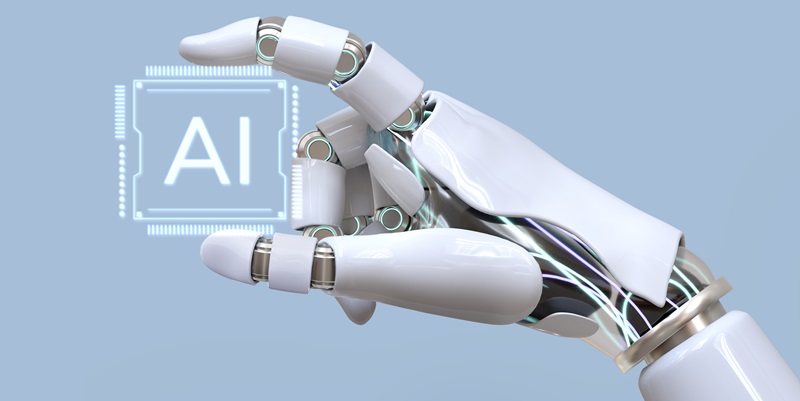In today’s rapidly evolving technological landscape, the role of artificial intelligence (AI) cannot be overlooked. With its potential to revolutionize various industries, AI has become a topic of great significance. However, industry leaders acknowledge the dual nature of this technology, as it brings both immense benefits and potential risks. In this article, we delve into the insights and perspectives of forward-thinking executives who offer their expertise on the ethical use of AI, its transformative potential, and its implications for the future.
Bill Gates’ Perspective on AI
Bill Gates, the former President & CEO of Microsoft, shares his views on the exciting possibilities presented by AI. Acknowledging its immense potential, Gates emphasizes the need for responsible and ethical use of this technology to mitigate the risks associated with its potential misuse.
Adena Friedman on AI-driven Companies
As the CEO and President of Nasdaq, Adena Friedman understands the significance of AI-driven companies in transforming business landscapes. She sheds light on how these innovative companies are revolutionizing various industries and emerging as key drivers of change.
Nicola Mendelsohn, Head of Global Business at Meta, offers insight into how Meta’s AI products have positively impacted advertisers. Through improved targeting and performance, Meta’s AI solutions have enhanced the effectiveness of digital advertising campaigns, leading to increased success for advertisers.
Hans Vestberg on Generative AI
Hans Vestberg, Chairman & CEO of Verizon, discusses the importance of generative AI in delivering personalized experiences for customers and enterprises. With AI’s ability to analyze vast amounts of data, businesses can now provide tailored solutions to their customers, resulting in increased customer satisfaction and business growth.
Julie Sweet’s Call for Skill Preparation
Julie Sweet, CEO of Accenture, emphasizes the need for organizations to prepare their workforce for the era of “gen AI.” She outlines the necessary skills and competencies required to effectively harness the power of AI and suggests that organizations should focus on upskilling and reskilling their employees to successfully navigate the changing job market.
Marc Benioff’s Excitement about AI Opportunities
Marc Benioff, CEO of Salesforce, is enthusiastic about the boundless opportunities presented by AI in enhancing customer experiences and driving higher profit margins. Benioff discusses how AI can revolutionize customer interactions, improve sales and marketing efforts, and provide valuable insights for business growth.
Chuck Robbins on AI Adoption and Infrastructure Demand
Chuck Robbins, CEO of Cisco, highlights the early stages of AI adoption and predicts an increased demand for supporting infrastructure equipment. With businesses embracing AI-powered solutions, the need for robust and efficient infrastructure becomes crucial to meet the growing demands of AI implementation.
Paul Knopp on Generative AI Perception
Paul Knopp, U.S. Chair & CEO of KPMG, highlights the perception of generative AI among millennials and Gen Z. He reveals that these tech-savvy generations view generative AI as a mainstream technology, exhibiting confidence in its potential and opening up new opportunities across industries.
Vasant Narasimhan on AI in Drug Development
Vasant Narasimhan, CEO of Novartis, discusses the impact of AI on drug development efforts. AI’s ability to accelerate trial protocol generation, facilitate collaboration with regulators, and analyze patient safety and datasets holds great promise in enhancing productivity and success in the pharmaceutical industry.
As we navigate the era of AI, it is evident that this technology holds tremendous potential for driving innovation, transforming industries, and enhancing customer experiences. The insights shared by these industry leaders highlight the importance of ethical and responsible AI use, as well as the necessity for organizations to adapt their workforce to thrive in the age of AI. With continued advancements in AI technology, the future holds endless possibilities as we unlock the true power and promise of artificial intelligence.

